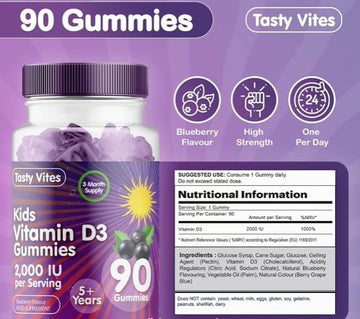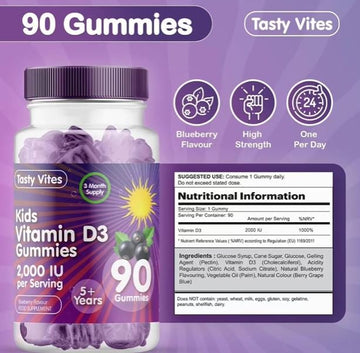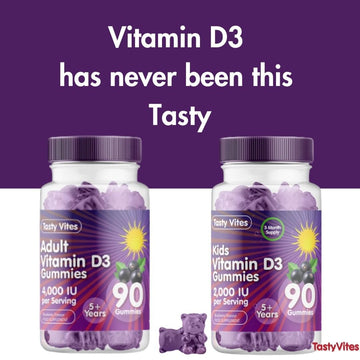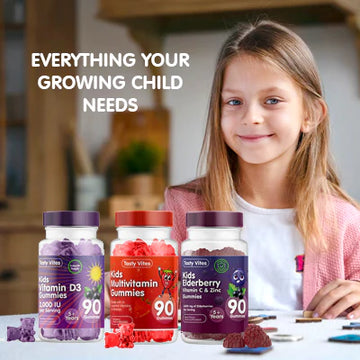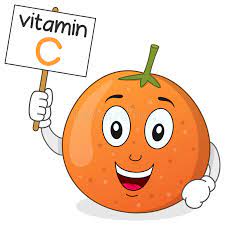
Vitamin C is an essential nutrient that plays a crucial role in our overall health and well-being. Known for its immune-boosting properties, this water-soluble vitamin is required for the growth, development, and repair of all body tissues. While the human body cannot produce vitamin C on its own, it can be obtained from a variety of dietary sources or through supplementation.
One of the most well-known benefits of vitamin C is its immune-boosting capabilities. This powerful antioxidant helps to protect the body against harmful free radicals that can damage cells and tissues. Additionally, vitamin C stimulates the production of white blood cells, which are responsible for fighting off infections and other foreign invaders in the body.
Studies have also shown that vitamin C can help reduce the severity and duration of the common cold. While it may not necessarily prevent colds altogether, taking vitamin C supplements or consuming foods rich in vitamin C can help alleviate symptoms and speed up recovery time.
Aside from its immune-boosting properties, vitamin C is also important for maintaining healthy skin. This nutrient is required for the production of collagen, a protein that gives skin its elasticity and firmness. As we age, collagen production naturally declines, which can lead to wrinkles and sagging skin. Consuming adequate amounts of vitamin C can help slow down this process and keep skin looking youthful and radiant.
In addition to its skin and immune benefits, vitamin C has been linked to a variety of other health benefits as well. For example, studies have shown that vitamin C can help lower the risk of chronic diseases such as heart disease, diabetes, and certain types of cancer. This is likely due to its antioxidant properties, which help protect cells from damage and inflammation.
So, what are the best sources of vitamin C? While oranges may be the first thing that comes to mind, there are actually many other foods that are higher in vitamin C content. Some of the best sources include:
- Citrus fruits such as oranges, grapefruits, and lemons
- Berries such as strawberries, raspberries, and blueberries
- Kiwi fruit
- Papaya
- Pineapple
- Mango
- Melons such as cantaloupe and watermelon
- Cruciferous vegetables such as broccoli, cauliflower, and Brussels sprouts
- Leafy green vegetables such as spinach and kale
While it is always best to obtain nutrients from whole foods, supplementation can also be a viable option for those who may not be getting enough vitamin C through their diet alone. Vitamin C supplements come in a variety of forms, including tablets, capsules, and powders.
It is worth noting that excessive amounts of vitamin C can have negative side effects, such as digestive upset and diarrhea. However, these side effects are typically only seen in individuals who are taking very high doses (more than 2,000 mg per day).
In terms of research, there have been many studies conducted on the health benefits of vitamin C. One study found that high-dose vitamin C supplementation can help reduce inflammation in patients with rheumatoid arthritis, a chronic autoimmune disorder that causes joint pain and swelling. Another study found that vitamin C supplementation can help improve blood flow and reduce the risk of heart disease.
Additionally, a review of several studies found that vitamin C can help improve mental health and reduce the risk of depression. This is likely due to its role in the production of neurotransmitters such as serotonin, which plays a key role in regulating mood.
Overall, vitamin C is a crucial nutrient that plays many important roles in the body. From boosting the immune system to promoting healthy skin and reducing the risk of chronic diseases, this powerful antioxidant should not be overlooked. By consuming a diet rich in vitamin C or supplementing as needed, we can ensure that our bodies are getting the support they need to thrive.
One of our most popular products our Kids Multivitamin Gummies includes the recommended daily dose of vitamin C for kids aged 5-16 years old, click here to buy now.

